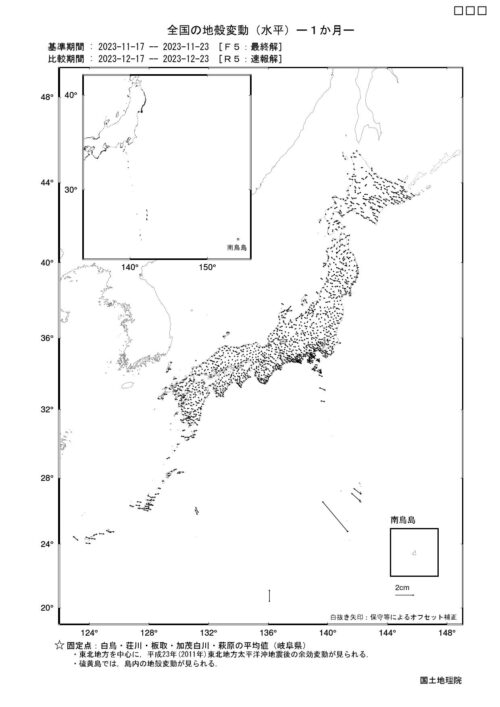2024-01-11 カリフォルニア大学サンタバーバラ校(UCSB)
◆ヒレ処理の規制は成功しているものの、総じて鮫の漁業死亡数は増加しており、特に絶滅の危機に瀕した種の漁獲が30%以上を占めています。規制や説明責任の向上が求められ、鮫の生存を保護するためには地理的な保護対策と漁業規制を組み合わせる必要があります。
<関連情報>
- https://news.ucsb.edu/2024/021304/global-study-reveals-pathways-save-threatened-sharks-despite-rising-mortality-trends
- https://www.science.org/doi/10.1126/science.adf8984
広範な規制変更にもかかわらず、世界のサメ漁死亡率は依然上昇中 Global shark fishing mortality still rising despite widespread regulatory change
Boris Worm,Sara Orofino,Echelle S. Burns,Nidhi G. D’Costa,Leonardo Manir Feitosa,Maria L. D. Palomares,Laurenne Schiller,and Darcy Bradley
Science Published:11 Jan 2024
DOI:https://doi.org/10.1126/science.adf8984

Editor’s summary
Over the past decade, the plight of the world’s sharks has received much attention, resulting in increased regulation and finning bans. However, whether this increased attention has translated into improved outcomes for sharks is unclear. Worm et al. estimated fishing-induced mortality globally and found that, overall, it has continued to increase over the past 10 years. Finning bans had little impact, but fishing regulations did reduce mortality. —Sacha Vignieri
Abstract
Over the past two decades, sharks have been increasingly recognized among the world’s most threatened wildlife and hence have received heightened scientific and regulatory scrutiny. Yet, the effect of protective regulations on shark fishing mortality has not been evaluated at a global scale. Here we estimate that total fishing mortality increased from at least 76 to 80 million sharks between 2012 and 2019, ~25 million of which were threatened species. Mortality increased by 4% in coastal waters but decreased by 7% in pelagic fisheries, especially across the Atlantic and Western Pacific. By linking fishing mortality data to the global regulatory landscape, we show that widespread legislation designed to prevent shark finning did not reduce mortality but that regional shark fishing or retention bans had some success. These analyses, combined with expert interviews, highlight evidence-based solutions to reverse the continued overexploitation of sharks.



